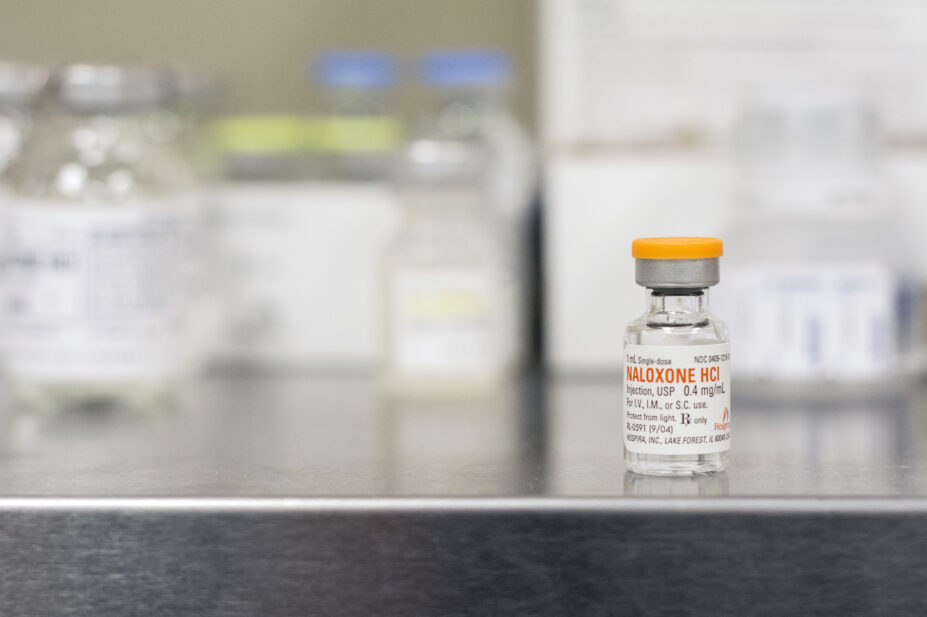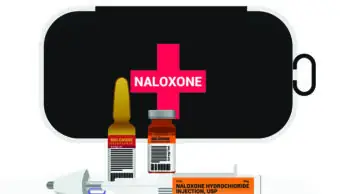
Shutterstock.com
Pharmacists and pharmacy technicians can now supply take-home supplies of naloxone without a prescription, after amendments to legislation came into force on 2 December 2024.
Naloxone is an injectable opioid antidote, which can reverse the effects of an opioid overdose, and a prescription is usually required to supply the antidote.
However, the Human Medicines (Amendments Relating to Naloxone and Transfers of Functions) Regulations 2024 provide exemptions that mean drug treatment services can supply take-home naloxone without a prescription for to people who need it.
The Department of Health and Social Care (DHSC) confirmed that as of 2 December 2024, the exemptions had been expanded to include registered pharmacy professionals, as well as others, such as prison staff, registered midwives and registered nurses.
The DHSC confirmed in May 2024 that the changes would take place following a consultation that ran from January 2024, which proposed amending the legislation to allow naloxone supply by a wider group of services and professionals, including “registered pharmacy professionals”.
Expanding the list of professionals authorised to supply take-home naloxone was described as “essential in light of workforce challenges” by the Association of Pharmacy Technicians UK in January 2024 and as “a step in the right direction” by the Royal Pharmaceutical Society.
In its response to the consultation, the DHSC had noted that opioid-related deaths make up the largest proportion of drug-related deaths across the UK, with an average of 40 deaths per week.
The response added that opioids were involved in 73% of drug misuse deaths registered in England in 2022, as well as 60% of drug misuse deaths in Wales and 82% of drug misuse deaths in Scotland.
Data from the National Records of Scotland, published in August 2024, show that opioids were implicated in 80% of drug misuse-related deaths in 2023.
A spokesperson for the DHSC told The Pharmaceutical Journal on 6 December 2024: “We are committed to tackling drug addiction and death, through working across health, policing and wider public services.
“Our work to expand access to naloxone is key to reducing the number of lives lost to opioid overdose.”


